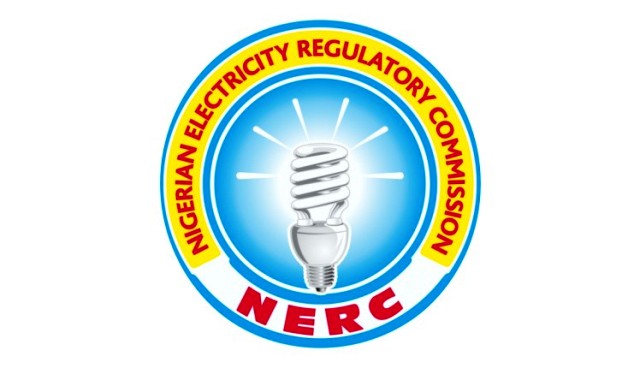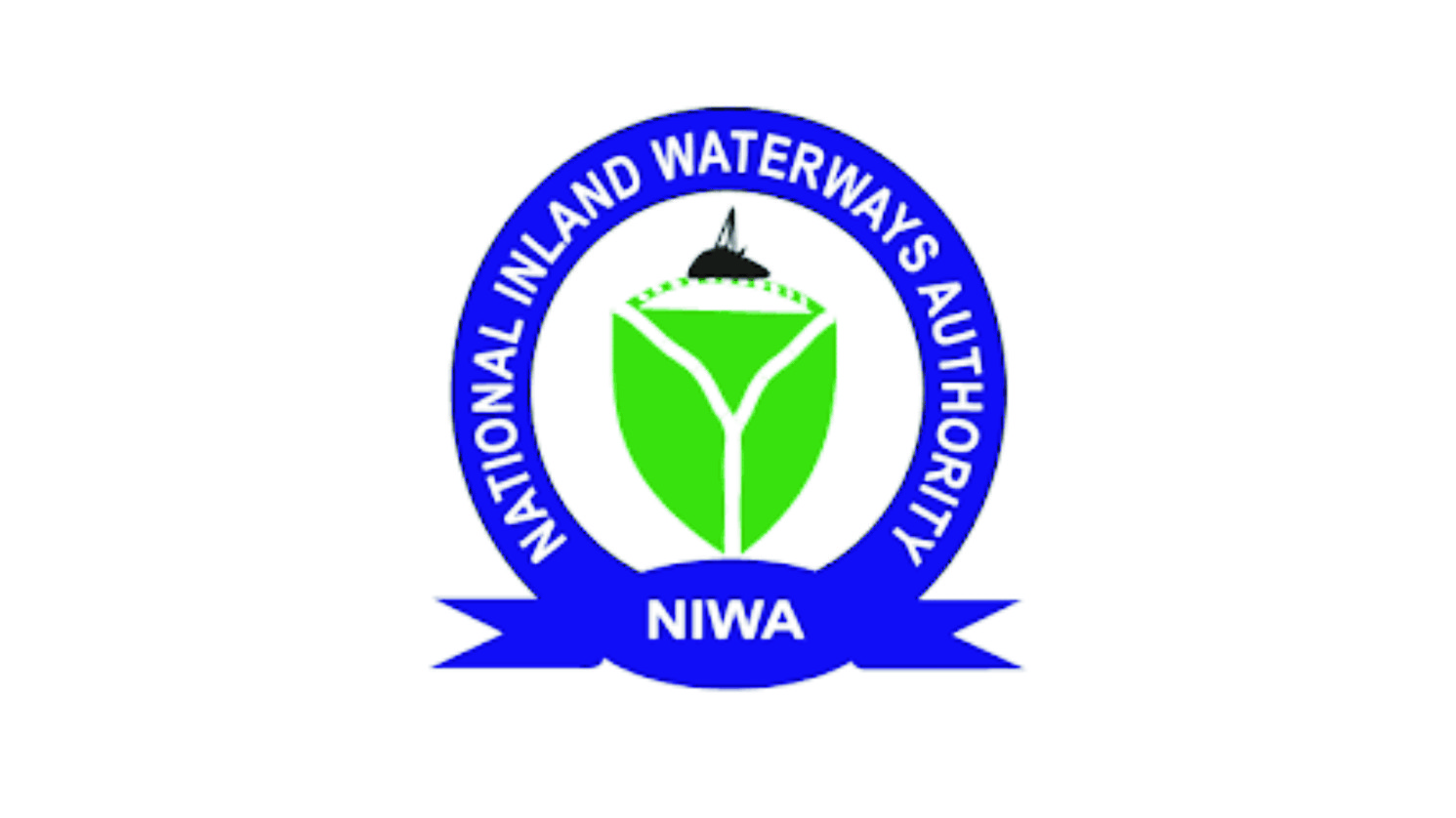Business
Hike In Electricity Tariff, Necessary – NECA DG

The Nigeria Employers’ Consultative Association (NECA), says the proposed hike in electricity tariff is necessary to get the power sector back on track.
The Director-General of NECA, Mr Timothy Olawale said on Monday in Lagos that putting the tariff concerns in context, the issue of the increment was intended to enable the sector to realise the right price for the product.
Olawale explained that cost reflective tariff was important to ensure that provider of the commodity or service could cover operational and capital expenses in order to stay in business and deliver on service.
“The issue of tariff has remained topical in the sector since shortly after privatisation.
“The Nigerian Electricity Regulatory Commission (NERC) has said that the electricity tariffs being paid by consumers will increase in April this year.
“NERC disclosed this in its December 2019 Minor Review of Multi-Year Tariff Order 2015 and Minimum Remittance Order for the Year 2020, which was dated December 31, 2019.
“Though, the proposed increase in tariff might cause a shock from the consumers’ perspective, it is, however, a necessity in order to get the power sector back on track.
“While customers have said the tariff review should only take place after there has been improvement in service, service providers have said for service to improve, the right amount has to be paid.
“The argument has always been a cyclical one, but putting the matter in context, therefore, the issue of the increase is intended to enable the sector to realise what can be described as right price for the product.
“It is with this right that more investment can be attracted and consequently, improved service,” he said.
On the challenges of regular power supply and imperative for appropriate pricing of electricity, the NECA director-general said that tariff reviews were expected.
“There had been minor and major reviews to adjust all the variables that make up the tariffs such as generation volumes, FX price and all these play a role in determining the tariffs.
“NERC for some reasons had delayed implementation of minor reviews that should normally occur bi-annually by regulation.
“The NERC tariff order in June 2019 took all these into account and adjusted the variables to ensure a cost reflective tariff.
“While the Discos have had six minor reviews, totaling 16 per cent, micro and macro-economic indices have affected the ability of the Discos to meet their cost.”
“However, the Generation Companies has had several reviews bringing their percentile increase to about 116 per cent,” he said.
While urging the DisCos to justify the proposed tariff hike, Olawale said that consumers and businesses were not opposed to paying appropriate price for electricity consumed.
According to him, the major contention has been estimated and sometimes outrageous billing for power not consumed, with implication on cost of living and cost of doing business without a guarantee of commensurate improvement in quality of service.
“The DisCos would do well to fast-track the provision of prepaid metres, the GenCos should ensure availability of power for the DisCos to distribute and government should support the DisCos to curb the rampant incidences of electricity theft across the nation,” he said.
Olawale urged NERC to live up to its responsibility and ensure strict adherence to the regulations.
“We note the political consideration that goes into the issue of appropriate pricing and the timing of same because of the multiplier effect of hike on the society.
“We, however, urge that the larger interest of the nation should guide all stakeholders to enable Nigerians and the business community to enjoy 24 hours uninterrupted power supply they crave for,” he said.
Business
NIMASA Commits To Creating Enabling Environment For Maritime Business

Business
FG Inaugurates Special Committee Against Boat Accident

Business
LASG Arrests Illegal Dredgers … Issues Stop Work Order
-
Business18 hours ago
Safety Engineers Honour NCAA Boss
-

 Featured13 hours ago
Featured13 hours agoWe’ve Strengthened Rivers Fire Fighting Capability – Fubara
-

 News19 hours ago
News19 hours agoFubara Orders Outgoing LG Chairmen To Hand Over To HLGAS
-
Sports18 hours ago
NDSS vows commitment To Sports Competition
-

 Featured18 hours ago
Featured18 hours agoIYC Expresses Concerns Over Political Tension In Rivers
-
Nation13 hours ago
NCSU Rejects Supreme Court Judgments …Says Nigeria Drifting To Banana Republic
-
Business18 hours ago
Operator Hopes For Improved Airline Operations Through Afrexim Bank
-

 Editorial13 hours ago
Editorial13 hours agoFubara’s Infrastructure Boost For IAUE

